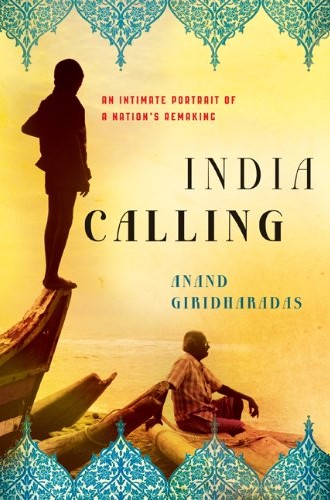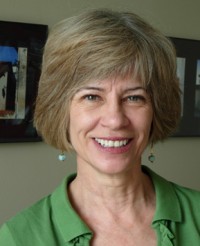The new, old India
"In the ordinary course of human affairs countries churn slowly.
. . and then there are moments of special upheaval, when empires depart, when
ideologies rotate. . . . India was in the midst of such a moment. The meanings of
destiny, family, love, class--of what it means to be Indian--were being defined
anew by millions of people, all at once."
Author Anand Giridharadas is describing today's India, a
country that's predicted to pass up China in economic growth (9.4 percent in
2010) even as 80 percent of its more than 1 billion people live in persistent
and grotesque poverty (less than $2 a day).
An Indian American, Giridharadas is well positioned to
explain India to the western world. In India Calling he weaves together the story
of his grandparents, who were professionals in India; of his parents, who left India
in the '70s for the U.S.; and of himself, an American with a vague and mostly secondhand
picture of India. Seeking to remedy this, to get to know this country, in 2003
he moved to Bombay as a consultant and then began writing for the International
Herald Tribune.
Giridharadas sees a country that is very much in flux and
yet very much the same; a country that is bringing sudden riches to some-and
leaving others without hope. As one of many young-adult Indian American
"stepchildren" who've chosen India over the United States, he's caught between
the old, anglicized India of his grandparents and the high-speed
entrepreneurial class that is redefining the culture with a "slow-burning
privatization of attitudes," best explained to Americans as a belief in the
individual instead of in the individual's submission to caste, village or
family.
Poised between the past and the future, Giridharadas's
observations remove a layer or two of India's mystery, only to reveal more
layers, more mysteries and more to learn about this vast, ancient, crowded,
dynamic "new India."
I wish that Giridharadas had said more about the political
concerns and religious conflicts that also characterize this country. But I
expect we'll hear more from him. I doubt that there's any writer today who is a
more acute observer of "the new India."






